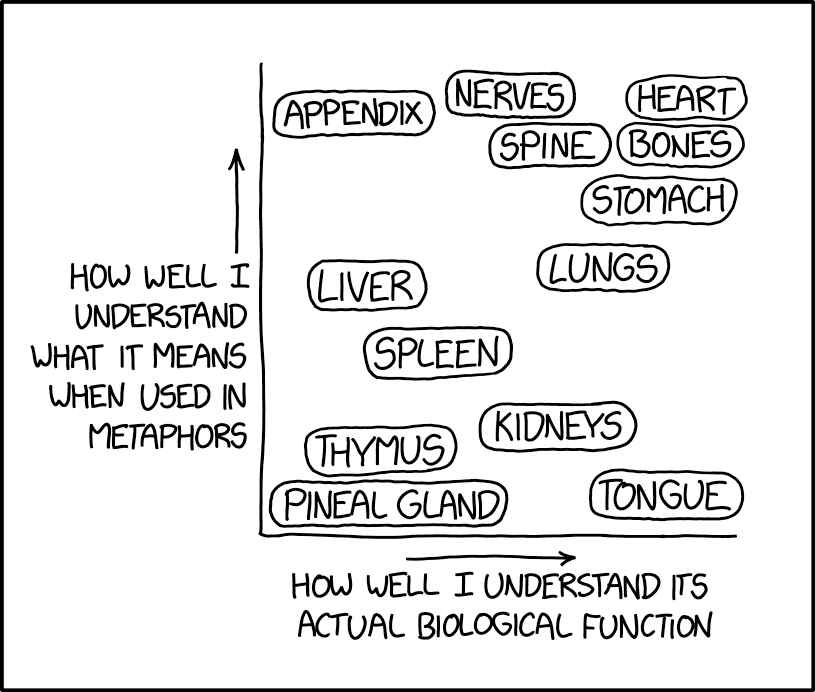"Protein" in Chinese and Japanese
[This is a guest post by Nathan Hopson]
I recently received the following delightful question from Hilary Smith (University of Denver) about the origins of the term for protein in Chinese (dànbáizhì) and Japanese (tanpakushitsu). Thanks to her for pointing me down this lovely rabbit hole!
The hanzi/kanji used are identical (蛋白質), though in written Japanese the term is often タンパク質 or たんぱく質 because the 蛋 character is not one of the “regular use” kanji (常用漢字 jōyō kanji) selected by the officially announced by the Japanese education ministry for mastery during compulsory education.
Read the rest of this entry »


